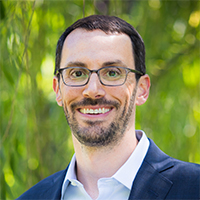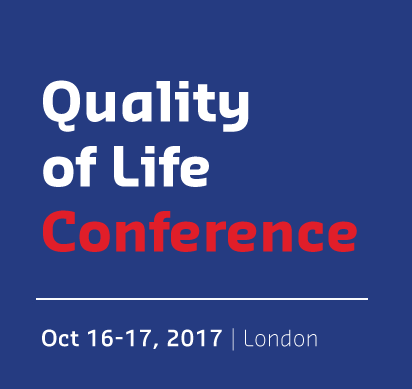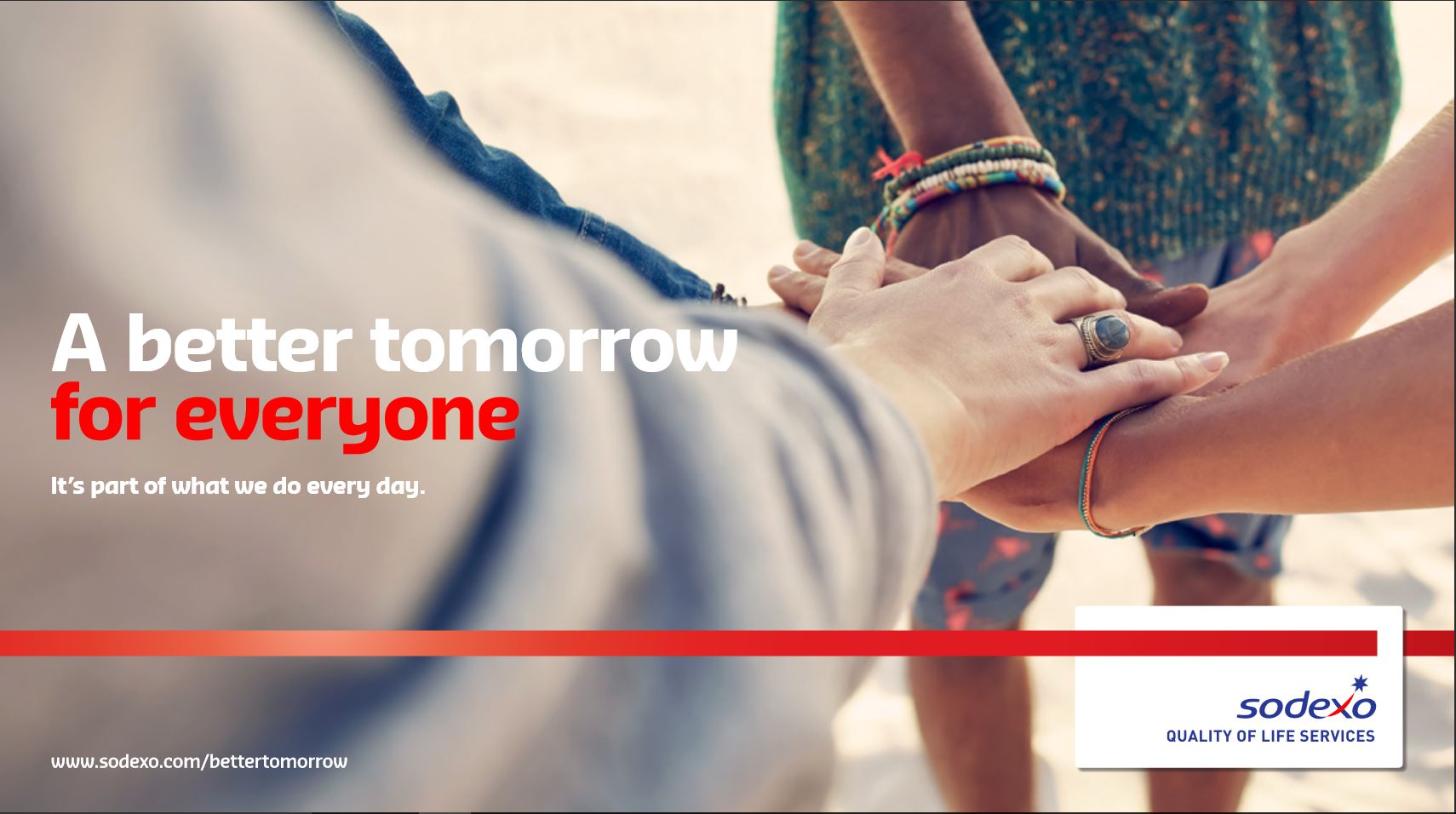Taking on sustainability in the private sector
Interview with Jeff Malcolm, Senior Director of Private Sector Engagement at World Wildlife Fund (WWF).
 As the 2017 Quality of Life Conference date approaches, we sought out experts to address some of the key topics that will be discussed during the two-day international event. Jeff Malcolm, Senior Director of Private Sector Engagement at World Wildlife Fund (WWF), provides some insight on the role that big businesses can play in overall sustainability for our planet.
As the 2017 Quality of Life Conference date approaches, we sought out experts to address some of the key topics that will be discussed during the two-day international event. Jeff Malcolm, Senior Director of Private Sector Engagement at World Wildlife Fund (WWF), provides some insight on the role that big businesses can play in overall sustainability for our planet.
Why is it so important for WWF to engage with the private sector?
Jeff Malcolm: WWF partners with companies because we believe that business is a part of the solution when it comes to addressing the challenges that humanity is facing. Bold action is required, and rather than trying to educate 7 billion consumers directly, the most efficient way to affect change is to work with a handful of companies. We work with companies on their direct operations and sourcing of materials – in particular, commodities related to food, forest products and seafood.
What sparked the partnership between WWF and Sodexo?
J.M.: One of the reasons we wanted to work with Sodexo, and have continued to do so for the past seven years, is because of the impacts of food production on the environment. Food production is responsible for about one-third of greenhouse gas emissions, is responsible for around 70 to 90 percent of global freshwater use, and is the biggest contributor to deforestation and loss of habitat for species that WWF is trying to save.
Through our work with Sodexo, we’ve helped the Group create sustainable and healthy menu choices through sustainable sourcing. Our actions have also focused on reducing food waste and working towards a global carbon reduction target of 34%.
Speaking about setting goals, the UN launched its Sustainable Development Goals (SDGs) in October 2016. How have these collective goals changed the way that companies address sustainability?
J.M.: Many companies had already set sustainability targets for 2020 before the global SDGs were officially finalized and launched. But ever since the SDGs came out, more and more companies have been looking at changing their metrics, or targets, to align with the UN’s 17 goals. The reality is, there are a lot of things we could work on – from addressing the use of chemicals to stopping waste from going into landfills – but the SDGs help us to recognize that a lot of these challenges are intertwined and we’ve got to focus on a specific set of them.
What are the main environmental issues that will challenge quality of life in the years to come?
J.M.: At WWF we identified three big topics and environmental issues that we believe require major attention moving forward: climate change, water and the sourcing of food and other commodities. Focusing on these topics helps frame the actions a company can take, ranging from how they can educate and communicate about these issues and what actions need to be taken in light of them. For example, we can work with companies to identify ways to decarbonize their electrical systems and energy, on a more general scale, ensure that they maintain a fresh water system, or even find sustainable ways to produce or capture food. It’s imperative that we look at this holistically and depending on where anyone is within that value chain, there are actions they can take to help address these issues, whether it is turning off the lights to help with energy efficiency or buying more sustainably sourced fish.
Read more about Jeff Malcolm’s insights on the role that big businesses can play in overall sustainability for our planet in Sodexo’s 2017 Workplace Trends Report.
This interview was carried out in June 2017 in the context of Sodexo’s 2017 Quality of Life Conference dedicated to exploring new solutions around future quality of life needs.



